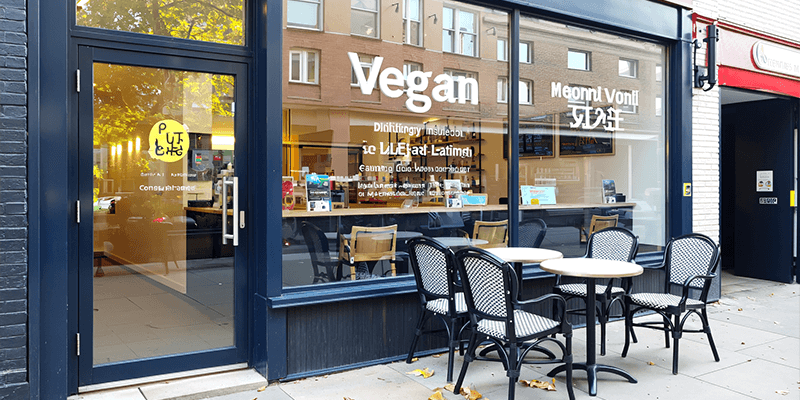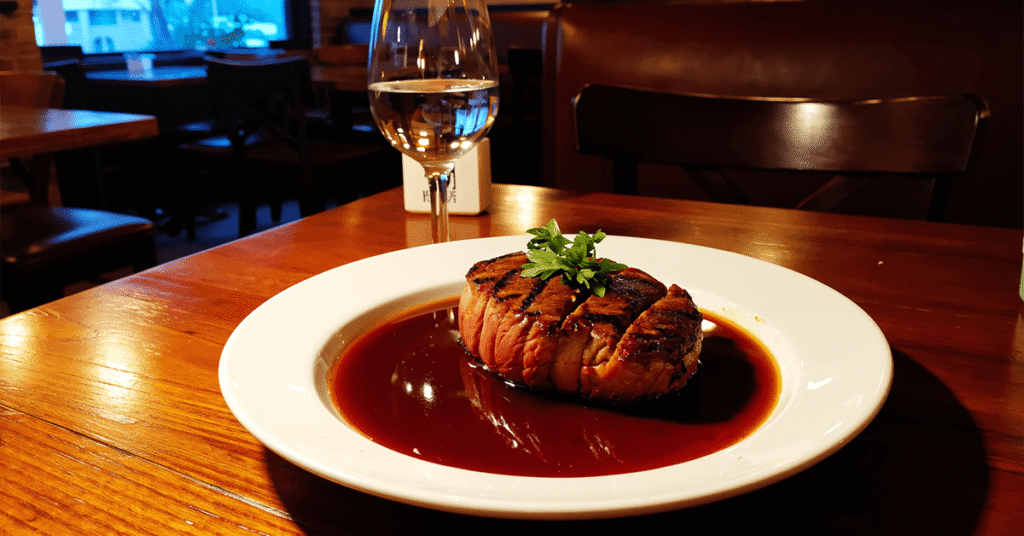The phrase veganism decline UK US has been trending as once-booming plant-based movements in both countries face growing skepticism. Once hailed as the future of food, veganism is showing signs of retreat: renowned restaurants are reintroducing meat, vegan brands are shuttering, and consumers are questioning whether plant-based products deliver on their promises.

Why Veganism Is Declining in the US
Fine Dining Reintroduces Meat
A symbolic moment came when Eleven Madison Park, New York City’s iconic Michelin-starred restaurant, announced the return of meat dishes to its menu. Once a proud flagbearer of upscale plant-based dining, its shift highlights the waning demand among high-spending diners who crave flexibility and tradition.
Consumer Fatigue
In the US, interest in veganism has softened. Research shows that while many tried plant-based diets during the pandemic, a significant number reverted back to flexitarian or omnivorous habits. Factors include:
- Perceived over-processing of vegan products.
- Taste fatigue from limited plant-based alternatives.
- Rising cost of vegan substitutes compared to traditional proteins.
The Veganism Decline in the UK
Market Contraction
The UK vegan market has shrunk from nearly £964 million in 2022 to £904 million in 2024. Iconic vegan-only restaurants and brands have been forced to close due to declining sales and unsustainable business models.
Shifting Consumer Preferences
UK consumers increasingly embrace “reducetarian” or flexitarian approaches—reducing meat consumption without cutting it out entirely. This shift underscores the wider veganism decline UK US pattern: people are no longer defining themselves strictly by labels.
Financial Pressures
Inflation has amplified the problem. Vegan alternatives often cost significantly more than traditional meat and dairy, leading cash-strapped households to opt for familiar, affordable staples.
Cultural and Social Drivers
- Identity vs. Lifestyle – Veganism as a social identity has lost momentum; consumers now view plant-based eating as one tool among many for healthier living.
- Backlash Against Trends – Critics argue veganism was overhyped, driven by marketing rather than genuine sustainability.
- Return to Tradition – Many diners find comfort in traditional meals that include meat or dairy, especially during uncertain economic times.
Is This the End of Veganism?
Not quite. While veganism decline UK US signals a bubble bursting, it doesn’t mean plant-based eating is disappearing. Instead, it’s evolving:
- Hybrid Menus: Restaurants are balancing plant-based with traditional dishes.
- Whole Food Focus: Consumers are shifting to natural, unprocessed vegan options instead of ultra-processed substitutes.
- Health-Conscious Eating: Flexitarian diets are on the rise, combining the best of both worlds.
Frequently Asked Questions (FAQ)
Q1: Why is veganism declining in the UK and US?
Because of consumer fatigue, high costs, and a return to traditional eating habits.
Q2: Are vegan-only restaurants struggling?
Yes—several high-profile restaurants and brands have scaled back or closed in both countries.
Q3: Is the vegan market dead?
No, but growth has slowed. Plant-based eating is shifting toward flexitarianism and whole-food approaches.
Q4: What does this mean for the future of food?
The food industry will likely integrate plant-based choices into mainstream menus rather than focus on strict veganism.
Q5: What role did inflation play in the decline?
Rising prices made vegan substitutes less accessible, pushing consumers back toward traditional staples.
Conclusion
The veganism decline UK US represents a major shift in global food culture. What was once seen as a revolution is recalibrating into a more balanced, flexible approach. While the hype cycle for veganism may have passed, plant-based eating is not disappearing—it’s simply becoming one part of a broader, more inclusive dining landscape. The veganism decline UK US discussion also reflects deeper societal trends about affordability, health, and identity in modern diets.
Do you think veganism is fading, or is it simply evolving? Share your perspective in the comments below.

